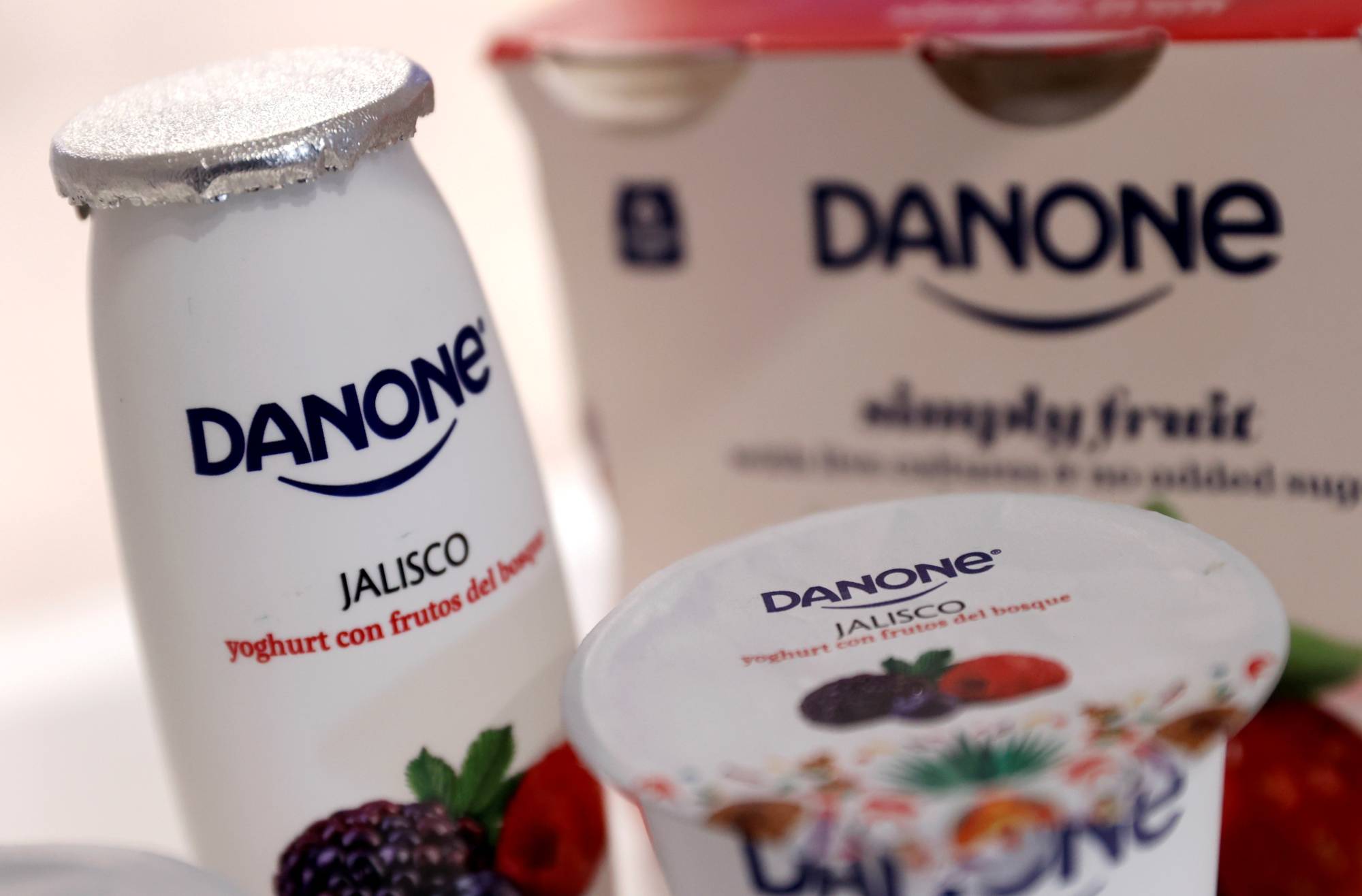Making the yogurt of the future requires a cast of 21st-century helpers: machine learning, gut science and even a mysterious artificial stomach.
At a new Danone facility near Paris, researchers feed dollops of yogurt into globular glass vessels and plastic tubes designed to mimic the human gut. Once the bacteria inside show they can survive the digestive juices, artificial intelligence is put to work to probe their potential health benefits.
To consumers bombarded with claims about the supposed power of probiotics, the goal may sound familiar: souped-up yogurt. But the owner of Activia and Actimel is betting technology can yield answers on which friendly bacteria work best and why, giving its products a scientific edge at a time when revenue is lagging and consumers are growing wary of processed food.


















With your current subscription plan you can comment on stories. However, before writing your first comment, please create a display name in the Profile section of your subscriber account page.